Cotton fabric has long been favored for its versatility, durability, and comfort. As one of the world’s most popular and widely used textiles, cotton continues to dominate the fashion industry, catering to diverse consumer needs. In this article, we delve into the reasons behind the enduring allure of cotton fabric and its impact on today’s business landscape. 1. Quality and Versatility: Cotton fabric’s softness, breathability, and hypoallergenic properties make it a top choice for a wide range of applications. Its ability to absorb moisture allows for excellent breathability, making cotton ideal for garments worn in warm climates or during intense physical activities. Moreover, its versatility is showcased by its use in everything from casual wear, formal attire, and activewear to home furnishings, bedding, and towels, making it a reliable choice for manufacturers across multiple industries. 2. Sustainability and Eco-Friendliness: In an era increasingly driven by sustainability, cotton fabric stands out as a natural and biodegradable option. Conventionally grown cotton may pose environmental challenges due to its water and pesticide-intensive farming practices.
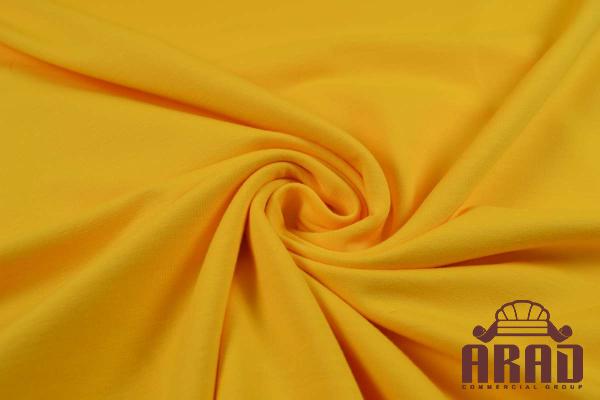
.
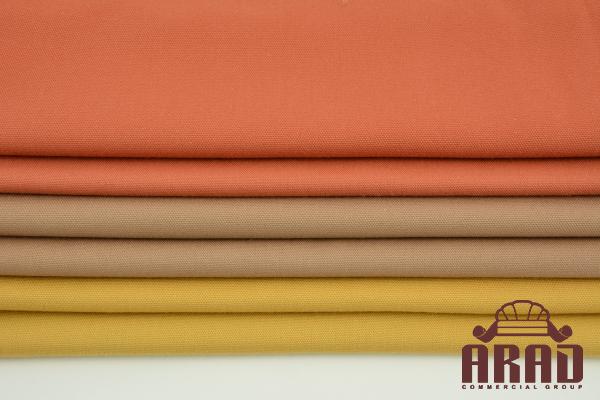 However, the growing popularity of organic and sustainable cotton has significantly mitigated these concerns. By opting for organic cotton, businesses contribute to reducing harmful effects on the environment and promoting fair labor practices, catering to the ethical concerns of eco-conscious consumers. 3. Comfort and Durability: Cotton fabric’s inherent comfort and durability make it a sought-after choice for consumers worldwide. Its lightweight nature and breathability make it perfect for everyday wear, as it allows the skin to breathe and prevents irritation. Additionally, cotton is known for its durable and long-lasting qualities, resisting wear and tear even after repeated use and washes. Businesses that embrace cotton fabric can assure their customers of high-quality products that deliver exceptional comfort and longevity. 4. Ethical and Fair Trade Practices: The rise of consumer awareness regarding ethical sourcing and fair trade practices has brought a renewed focus on cotton fabric.
However, the growing popularity of organic and sustainable cotton has significantly mitigated these concerns. By opting for organic cotton, businesses contribute to reducing harmful effects on the environment and promoting fair labor practices, catering to the ethical concerns of eco-conscious consumers. 3. Comfort and Durability: Cotton fabric’s inherent comfort and durability make it a sought-after choice for consumers worldwide. Its lightweight nature and breathability make it perfect for everyday wear, as it allows the skin to breathe and prevents irritation. Additionally, cotton is known for its durable and long-lasting qualities, resisting wear and tear even after repeated use and washes. Businesses that embrace cotton fabric can assure their customers of high-quality products that deliver exceptional comfort and longevity. 4. Ethical and Fair Trade Practices: The rise of consumer awareness regarding ethical sourcing and fair trade practices has brought a renewed focus on cotton fabric.
..
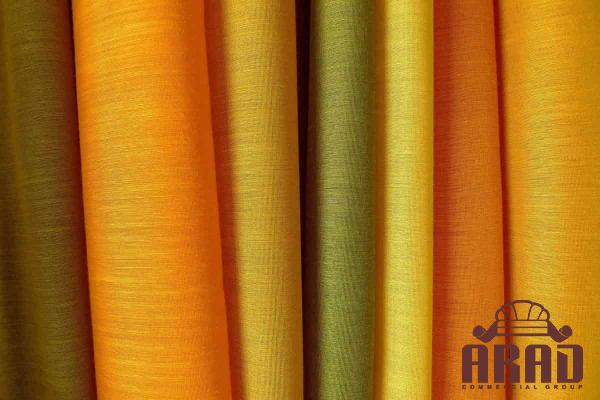 By working with suppliers and manufacturers committed to fair trade, businesses can assure their customers that the cotton used in their products is grown and harvested in an ethical manner, free from child labor and exploitation. Supporting fair trade practices not only demonstrates corporate social responsibility but also helps to build trust with consumers, who increasingly prioritize ethical considerations when making purchase decisions. 5. Innovation and Adaptability: Cotton fabric continues to evolve to meet the ever-changing demands of the fashion industry. Technological advancements have led to the creation of performance cotton fabrics that offer additional features such as moisture-wicking, stretchability, and UV protection. Furthermore, cotton can be blended with other fibers like polyester or spandex to enhance specific properties while maintaining its overall appeal.
By working with suppliers and manufacturers committed to fair trade, businesses can assure their customers that the cotton used in their products is grown and harvested in an ethical manner, free from child labor and exploitation. Supporting fair trade practices not only demonstrates corporate social responsibility but also helps to build trust with consumers, who increasingly prioritize ethical considerations when making purchase decisions. 5. Innovation and Adaptability: Cotton fabric continues to evolve to meet the ever-changing demands of the fashion industry. Technological advancements have led to the creation of performance cotton fabrics that offer additional features such as moisture-wicking, stretchability, and UV protection. Furthermore, cotton can be blended with other fibers like polyester or spandex to enhance specific properties while maintaining its overall appeal.
…
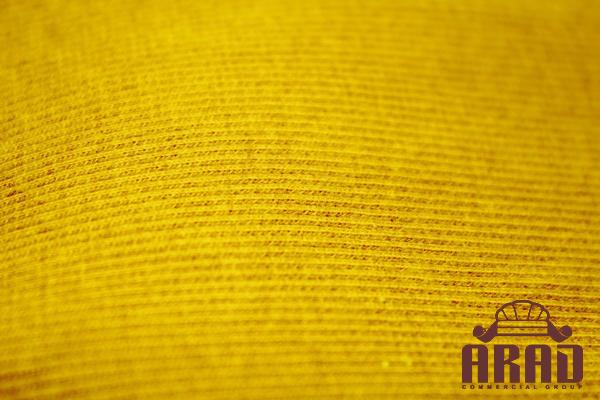 Businesses that embrace innovation in cotton fabric production can differentiate themselves in the market by offering unique and specialized products that cater to niche markets. Conclusion: The enduring allure of cotton fabric stems from its unrivaled qualities of comfort, durability, versatility, sustainability, and ethical sourcing. Businesses that recognize the vast potential of cotton fabric in the fashion industry can tap into a vast consumer base eager for environmentally friendly, ethically sourced, and high-quality products. By embracing cotton fabric, companies can align with evolving consumer preferences and capitalize on its long-standing popularity to drive business growth and success.
Businesses that embrace innovation in cotton fabric production can differentiate themselves in the market by offering unique and specialized products that cater to niche markets. Conclusion: The enduring allure of cotton fabric stems from its unrivaled qualities of comfort, durability, versatility, sustainability, and ethical sourcing. Businesses that recognize the vast potential of cotton fabric in the fashion industry can tap into a vast consumer base eager for environmentally friendly, ethically sourced, and high-quality products. By embracing cotton fabric, companies can align with evolving consumer preferences and capitalize on its long-standing popularity to drive business growth and success.
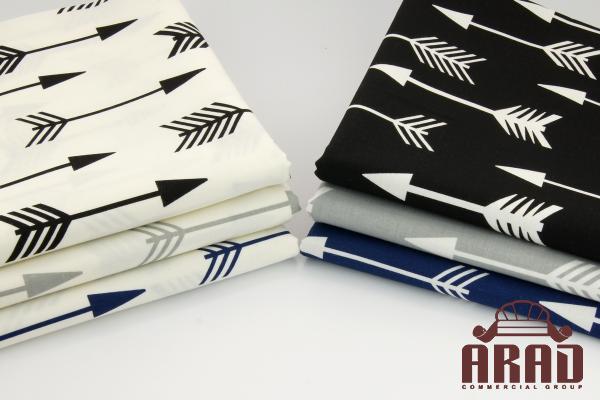


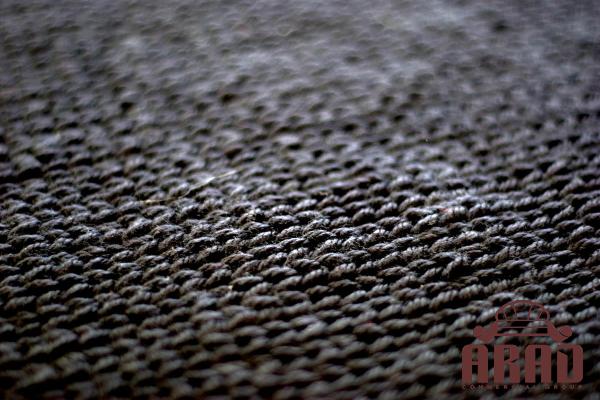
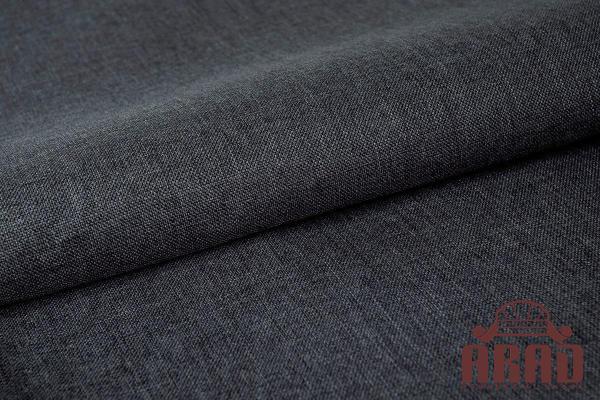
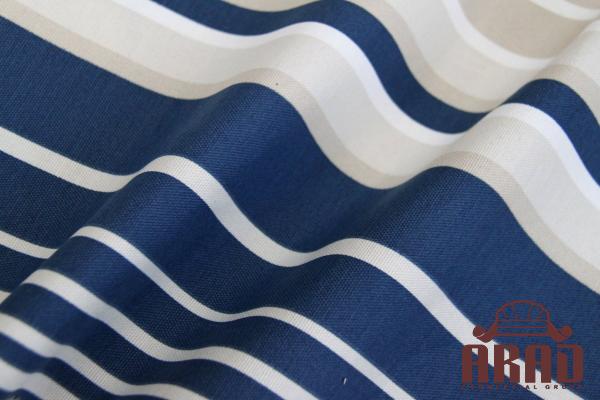
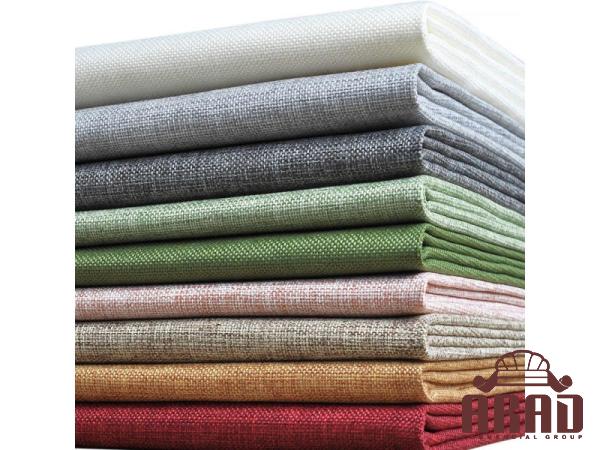
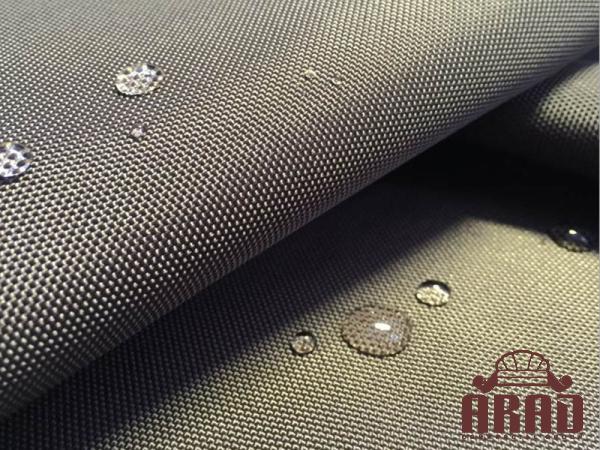
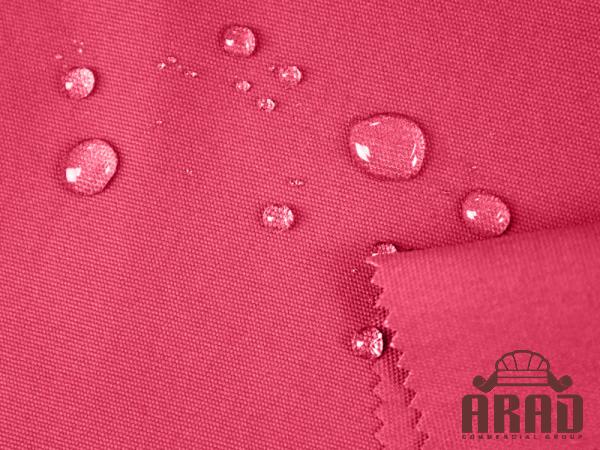
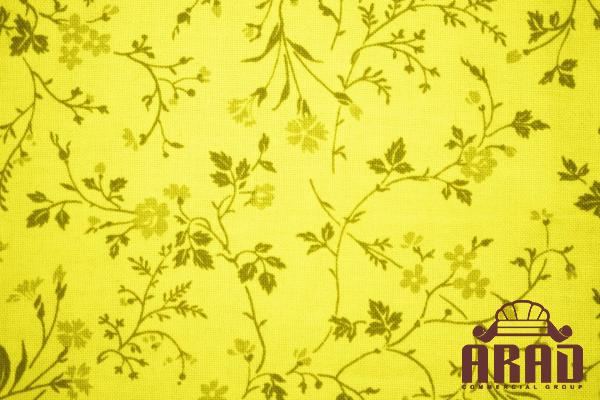
Your comment submitted.